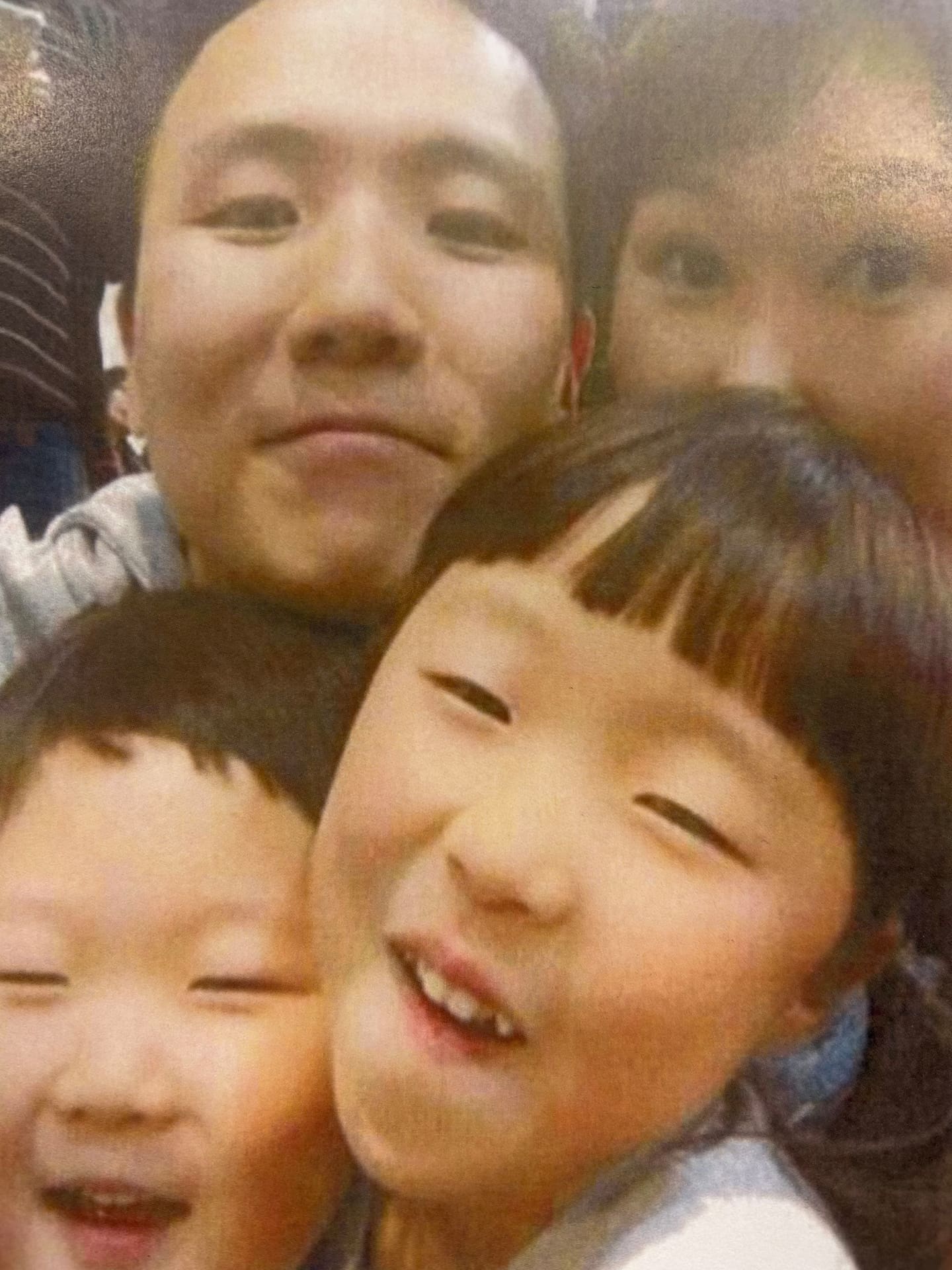
An Auckland woman whose grandchildren were murdered by her daughter seven years ago says she spent months falling asleep only with the help of alcohol and with a single mantra running through her head.
“If she wanted to die, why didn’t she die alone? Why did she take innocent children with her?”
The woman’s victim impact statement was read aloud by prosecutors in the High Court at Auckland today as her daughter, Hakyung “Jasmine” Lee, was handed a life sentence with a minimum term of imprisonment of 17 years.
“It felt like a pain that cut through my bones, or like someone was gouging out my chest,” the defendant’s mother told the court.
“I do not know when this pain and suffering might heal, but I often think I may carry it with me until the day I die... The acts my daughter committed were horrific, cruiel and terrifying - there is no dispute in that.”
Lee was found guilty in September — following an unsuccessful insanity defence - of murdering 8-year-old daughter Yuna Jo and son Minu Jo, 6, inside the family’s Papatoetoe home in June 2018. She then stuffed the children’s bodies in suitcases and put them in storage before changing her name and moving overseas.
The horrifying act wouldn’t be discovered until 2023 — resulting in international headlines — when the children’s corpses were discovered by a family who had won an auction for the contents of Lee’s abandoned storage shed.
Although she claimed repeatedly in the years that followed that she wasn’t responsible for the children’s deaths, Lee finally admitted just prior to trial that she had intentionally given her children a fatal overdose of sleeping pills mixed with juice.
 Hakyung Lee (inset) was found guilty of having murdered her 8-year-old daughter, Yuna Jo, and 6-year-old son, Minu Jo.
Hakyung Lee (inset) was found guilty of having murdered her 8-year-old daughter, Yuna Jo, and 6-year-old son, Minu Jo.
Lawyers Lorraine Smith and Chris Wilkinson-Smith argued at trial that it was a failed murder-suicide and that Lee should be found not guilty by reason of insanity because her disordered thinking led her to believe killing the children too was more humane than leaving them orphans. He husband had died of cancer months earlier, sending her into a mental health spiral, Smith argued.
But Crown solicitor Natalie Walker suggested Lee was lying about her own suicide attempt — pointing to evidence that she was taking steps to set up a new life overseas before the children were killed. In the days following their murders, the woman bought a Lotto ticket, spent $900 at a hair salon and purchased a business class ticket to Korea.
“It was a selfish act to free herself from the burden of parenting alone,” Walker told jurors at the conclusion of Lee’s trial.
‘Deliberate and calculated’
During today’s hearing, Walker re-emphasised there was no evidence that Lee was suicidal at the time of her children’s deaths.
Unlike the Christchurch trial of Lauren Dickason, who also killed her children, there was no evidence that depression had dominated Lee’s reasoning process, the prosecutor said.
She sought a minimum term of imprisonment of between 20 and 22 years imprisonment based on the number of victims, their youth and their vulnerability and a “degree of calculated planning”.
That sentence would reflect a reduction of one year for her mental health, the prosecutor said.
 Parents Ian Jo and Hakyung "Jasmine" Lee had a "happy little family", with children Yuna and Minu Jo, prior to Ian Jo's cancer diagnosis, the defence has said at Lee's double murder trial. She has said she was insane when she killed both children in Auckland in June 2018. Photo / Supplied
Parents Ian Jo and Hakyung "Jasmine" Lee had a "happy little family", with children Yuna and Minu Jo, prior to Ian Jo's cancer diagnosis, the defence has said at Lee's double murder trial. She has said she was insane when she killed both children in Auckland in June 2018. Photo / Supplied
Lee’s lawyers argued that a life sentence would be manifestly unjust given her mental health issues. They sought a finite sentence with a minimum term of imprisonment of under 17 years.
Wilkinson-Smith pointed out that his client has spent the past seven years in isolation in mental facilities and in prison. She has been shunned by her own community and threatened in prison, he said.
“She lives in a world of shame for, effectively, the worst crime a mother can commit,” he said.
“There is real diminished responsibility here for her mental health,” he continued, describing her as someone who was fragile but a stable, loving mother up until “a cluster of circumstances conspiring to bring her down”.
He asked that she receive compulsory treatment at the Mason Clinic, a lockdown psychiatric facility, rather than serving her time in prison. The Crown opposed the request.
Justice Venning granted the request for compulsory treatment, with the caveat that she return to prison when found mentally fit to do so.
But he rejected the defence argument that a life sentence would be manifestly unjust.
“The circumstances ... are properly described as tragic,” he said. However, he added, “the jury found you intended to kill your children [and] you knew your actions were morally wrong”.
“...Perhaps you could not bear to have your children around you as a constant reminder of your previous happy life,” the judge suggested.
Regardles, he said, her actions suggested she planned the killings “in a deliberate and calculated way” before taking active steps to cover it up.
Family shattered
Lee’s brother-in-law also submitted a victim impact statement to the court for today’s hearing, describing “devastating ongoing trauma”.
“I never imagined such a profound tragedy would ever befall our family,” he said, explaining that he still hasn’t told his own children about their cousin’s deaths.
He fears telling his own mother, who is fighting cancer overseas, will cause her death.
Hakyung "Jasmine" Lee appears in court for sentencing after having been found guilty of murdering her two young children. Photo / Michael Craig
“The truth shattered our family,” he said, describing the children’s absence as “a continuous, gaping wound” that has taken a “massive psychological toll”.
Lee’s mother also recounted the psychological fallout of her daughter’s actions. She recalled feeling ostracised at church.
“I came to the realisation that among the church members I had been labelled the mother of a murderer,” she said.
She often wishes she had forced her daughter to get counselling earlier, she said.
Craig Kapitan is an Auckland-based journalist covering courts and justice. He joined the Herald in 2021 and has reported on courts since 2002 in three newsrooms in the US and New Zealand.
Take your Radio, Podcasts and Music with you









